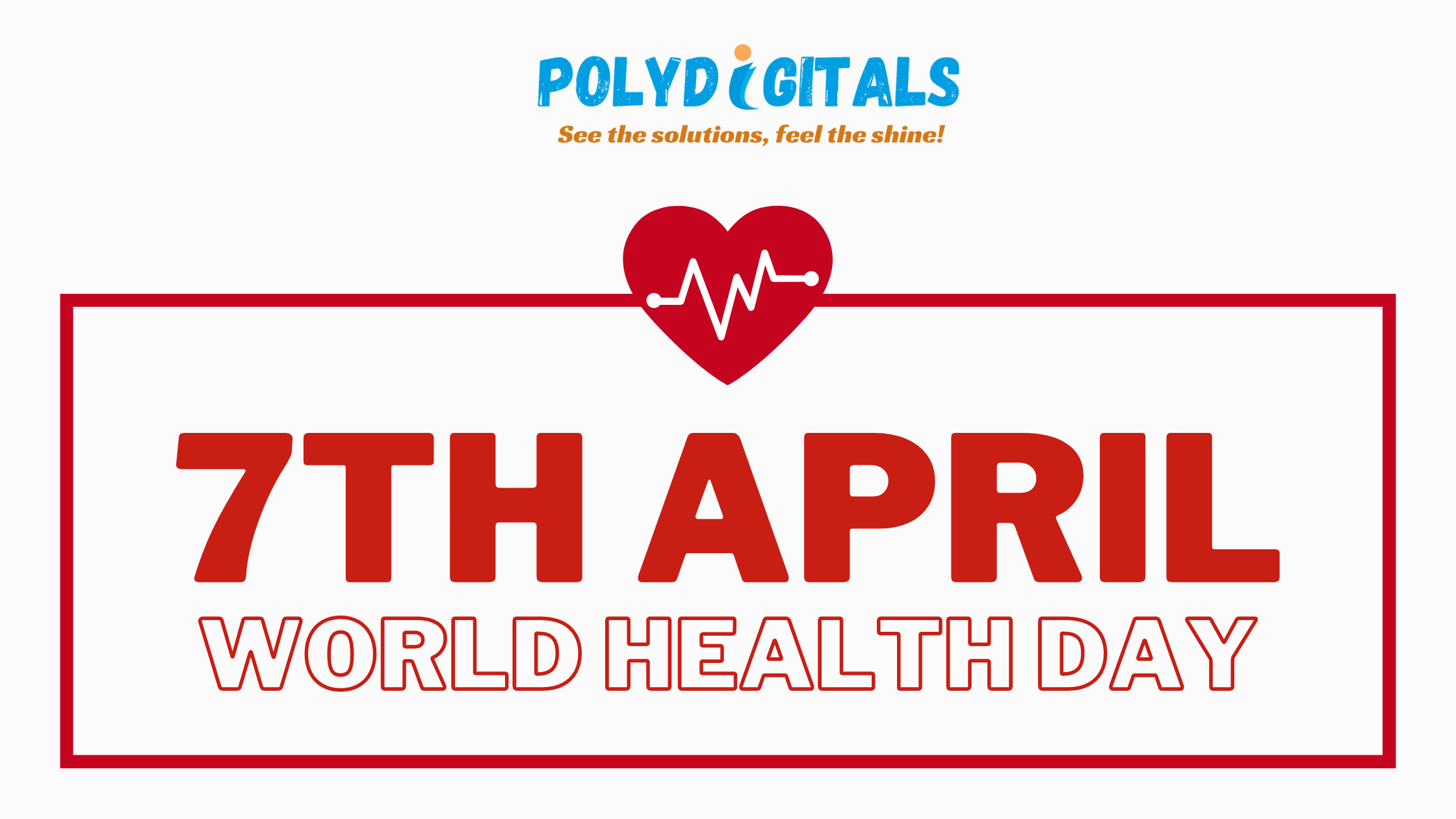Becoming a mother is an experience that almost every woman in the world looks forward to. It is an experience that they cherish and never forget, until they leave this earth. It lingers with them, their bodies change during and after pregnancy, they change emotionally, it’s an experience that only a mother can understand. Mothers are strong, affectionate and they sacrifice a lot for their children. Every mom is a superhero! To celebrate the first international Mothers’ Day of the year 2022, here are 22 facts of being a mother.
- Today (27th March) is not the only International Mothers’ Day, other days have been set aside to celebrate mothers all over the world. In US and many other countries it is celebrated every 2nd Sunday of May yearly. In India, people celebrate Durga-puja, a festival that pays homage to the mother goddess, Durga. The festival is a ten-day event that takes place around September or October. It’s 2nd Sunday of February in Norway, 12th August in Thailand, 15th October in Malawi and 26th of May in Poland. Check here for other days in different countries.
- The average Mom will have changed approximately 7,300 diapers by the time her baby reaches age two!
- The heaviest human baby was born to Signora Carmelina Fedele in Aversa, Italy in September 1955. Her son weighed 22 pounds, 8 ounces!
- Typically, the first sound a baby vocalizes is the ‘ma’ sound. So it makes sense that in almost every language, the word for mother begins with the letter ‘M’ or is some iteration of the ‘ma’ sound.
- Babies can hear their mother’s voice and heartbeat sounds before birth. It’s been shown that from weeks 25 and 26, babies respond to voices and noise but the most significant sound the baby hears in the womb is the mother’s voice
- The youngest mother in recorded history is Lina Medina. A child herself, she was just 5 years and 7 months old when she gave birth to a 6.5 lb. boy by caesarean section in Peru in 1939.
- The fetal heart races faster when hearing its mother’s voice vs. a stranger’s voice. A mother’s voice also eases older children’s stress just as much as a real-life hug. The sound of mom’s voice lowers a child’s stress hormone, cortisol, and raises their level of oxytocin, a hormone linked with love and bonding.
- In developing countries, complications during pregnancy and childbirth are a leading cause of disability and death among women. Over 99% of maternal deaths occur in developing countries.
- Approximately 800 women die each day from pregnancy-related causes during pregnancy, childbirth, and postpartum around the world. Of the 287,000 annual deaths that occur in developing countries, 56% occur in Sub-Sahara Africa, with another 29% in South Asia. In Chad, 1 in 15 women die of maternal causes. In Greece, 1 in 25,500 women will die of maternal causes.
- Each year, more than 50 million women give birth at home and without the help of a trained professional.
- The oldest mother in modern history to give birth is Rajo Devi Lohan from India. She was 70 years old in 2008 when she gave birth to a baby girl following a controversial IVF treatment.
- During pregnancy, moms and children exchange cells through their connection with the placenta. These cells can persist in the mother’s body for years.
- There are about 152 million Mother’s Day cards sent every year and approximately 122 million calls are made on Mother’s Day making it one of the busiest days in the world; it’s also the busiest day of the year for restaurants.
- The mom with the most kids is Mrs. Feodor Vassilyev of Russia. She gave birth to 69 children between 1725 and 1765.
- There are around 2 billion human moms in the world.
- One of the earliest Mother’s Day celebrations happened in ancient Greece, which was a celebration of Rhea, goddess of motherhood and fertility.
- Wearing a colored carnation on Mother’s Day indicates that a person’s mother is living. A white carnation means that a person’s mother is dead.
- Mothers around the world face different challenges, but some common global concerns include guilt over not spending enough times with kids, feeling overwhelmed, and frustration at being the “default parent.”
- It takes mothers averagely 2 minutes and 5 seconds but weirdly takes fathers 1 minute and 35 seconds only.
- Universally the probability of a woman having twins is approximately 1 in 33. The probability of conceiving triplets (or higher multiples) is even lower at 1 in 540. A woman who conceives multiples once, is likely to give birth to multiple kids another time.
- The Yoruba people of Nigeria have the highest rate of twins with 45-50 sets for every 1000 live births.
- Several studies show that mothers who give birth later in life have a better chance of living longer.
HAPPY MOTHER’S DAY TO EVERY MOTHER IN THE WORLD! YOU ARE OUR REAL LIFE SUPERHEROES AND WE LOVE YOU!!!
Sources:
https://www.habausa.com/blog/10-mind-blowing-facts-about-mothers/
https://www.factretriever.com/mother-facts
https://www.vox.com/2014/5/10/5699674/6-remarkable-things-science-has-taught-us-about-mothers
Four Temperaments and the Unbalancing of the Mind

https://www.first5la.org/article/hooray-for-moms-ten-fun-facts-for-mothers-day/
https://www.twinkl.com.ng/teaching-wiki/mothers-day-around-the-world
7 Quotes to Celebrate World Health Day 2022

https://www.who.int/pmnch/topics/maternal/maternal_facts/en/
Love Languages




